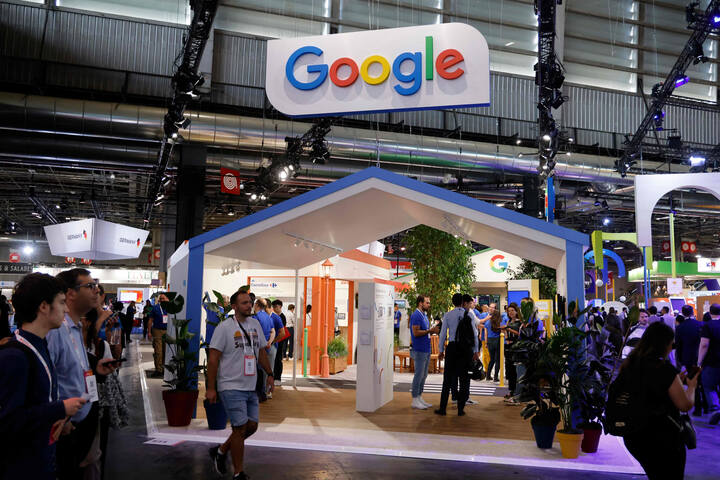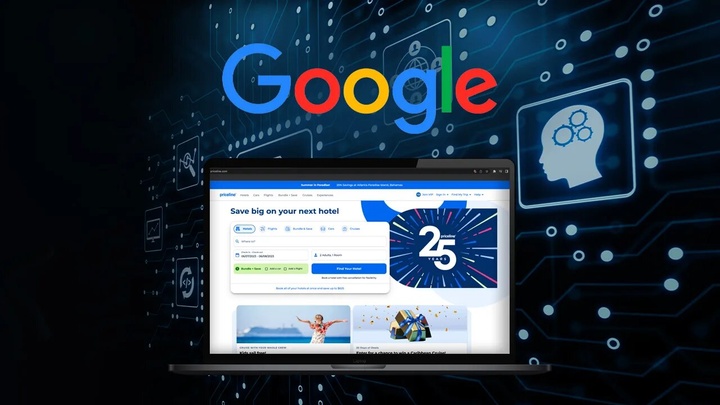Google launches AI-powered advertiser features
Google announced on Wednesday the debut of two new features for advertisers powered by artificial intelligence. These features will help advertisers identify the most effective ad placements for their brands across all of Google’s services.
The tech industry has been dominated by AI in recent months as a result of Google and other companies creating inventive chatbots that can engage people in open-ended conversations. In order to better serve advertisers, who provide companies with money, AI is also being used more and more.

Google’s launch of AI-powered advertiser features represents its ongoing commitment to automation and harnessing the power of artificial intelligence to enhance advertising capabilities. By leveraging AI, Google aims to provide advertisers with advanced tools and features that streamline campaign management and optimize ad performance.
Also Read: Google AI to power virtual travel agent from Priceline
Google has already provided AI advertising tools, but it is now utilizing the technology to assist brands in achieving more focused objectives for their advertisements. Google’s AI algorithms can analyze various factors, such as historical campaign data, user behavior, and contextual signals, to optimize bidding strategies automatically.
This helps advertisers achieve their campaign goals more efficiently while reducing the time and effort required for manual bid adjustments.
Demand Gen, one of the new capabilities, uses AI to distribute an advertiser’s video and photo advertising across a number of platforms, including Gmail, the YouTube feed, and Shorts, YouTube’s answer to the well-known short-form video app TikTok.
According to Vidhya Srinivasan, vice president and general manager of advertising at Google, AI will make it unnecessary for advertisers to consider where to place their ads and would instead concentrate on identifying spots that are “shiny, visual, and immersive.”
According to Google, the second new feature will employ AI to identify the ideal ad placements in order to maximize the number of views for a brand’s video advertisements.
According to preliminary testing, brands used the new tool to get 40% more video views overall, Srinivasan added. Brands will be able to concentrate more on their advertising plan and storytelling by employing AI to take some of the “grunt work” away from advertisers, she continued.
Also Read: Google quietly ends support for decade-old Chromecast
AI can assist advertisers in creating effective ad campaigns. By analyzing past performance data, user behavior patterns, and industry trends, Google’s AI can generate campaign structures, ad copies, and targeting options that are likely to yield better results.
Google’s launch of AI-powered advertiser features represents its ongoing commitment to automation and harnessing the power of artificial intelligence to enhance advertising capabilities. By leveraging AI, Google aims to provide advertisers with advanced tools and features that streamline campaign management and optimize ad performance.

I am a law graduate from NLU Lucknow. I have a flair for creative writing and hence in my free time work as a freelance content writer.





